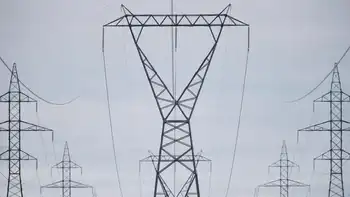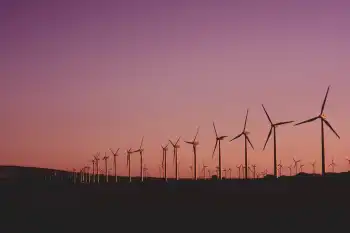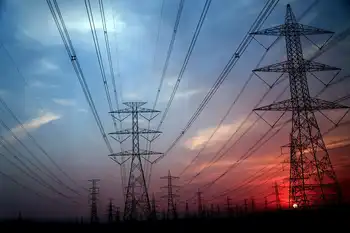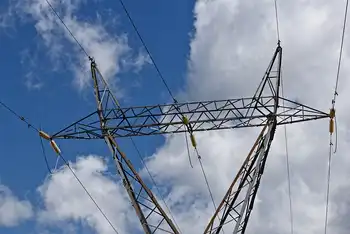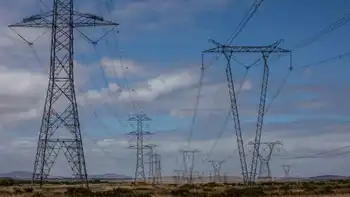EERC tells of renewables' promises, challenges
By Knight Ridder Tribune
CSA Z462 Arc Flash Training - Electrical Safety Essentials
Our customized live online or in‑person group training can be delivered to your staff at your location.

- Live Online
- 6 hours Instructor-led
- Group Training Available
That's part of the message delivered to members of the North Dakota Legislative Council's Energy Development and Transmission Committee at UND's Energy and Environmental Research Center by EERC staff members.
Despite forecasted growth in renewable energy forms like ethanol, wind power, biomass and nonpetroleum-based fuels, the nation will continue to depend largely on fossil fuels and electricity generated by coal power plants, the committee was told. One reason is the country's forecasted increased consumption of fuel and electricity.
"The key to our country's energy future is a mix," said Gerald Groenewold, the director of the EERC. "Fossil fuels are a part of that."
Groenewold stressed the importance of renewable energy sources, which are more environmentally friendly and help the nation diversify its energy portfolio. EERC members said North Dakota is in a unique position to take advantage of much of that growth in renewables, but like more conventional energy sources, renewables also have their own set of challenges.
North Dakota has been designated as having the most potential of any state for wind farm development, but Groenewold said "the biggest problem with wind is the wind doesn't blow all the time." Another wind challenge is the need for future transmission line capacity, said Chris Zygarlicke, the EERC's deputy associate director of research.
The growth of ethanol plants using grain can be very beneficial for nearby communities, bringing jobs and helping local corn farmers, Zygarlicke said, but high corn prices have made the plants' business model more difficult. Zygarlicke also added that ethanol plants consume three gallons of water for every gallon of fuel produced.
Groenewold also said "we need to address the subsidies" for renewable energy forms like ethanol and wind energy, and make sure the energy forms are able to sustain themselves economically in the long term.






